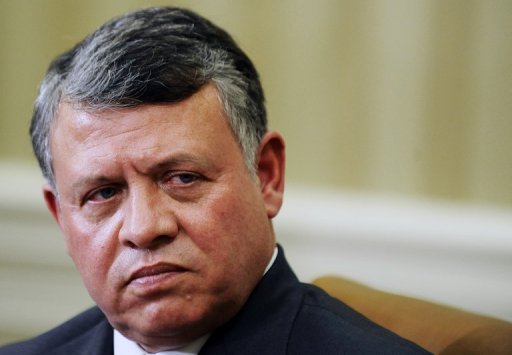The administration of US President Donald Trump has escalated pressure on Venezuelan President Nicolás Maduro, with Washington’s designation of the so-called “Cartel de los Soles” as a foreign terrorist organisation entering into force, and the top US military officer preparing to visit American forces deployed in the Caribbean near Venezuela.
The designation marks the latest step in Washington’s expanding campaign against Maduro and comes as Trump weighs potential military action — an option he has not ruled out despite recent suggestions that talks with Caracas remain possible.
The term “Cartel de los Soles” — or “Cartel of the Suns” — does not refer to an actual cartel but is widely used in Venezuela to describe senior military officers accused of enriching themselves through drug trafficking. The name refers to the sun-shaped insignia worn on the shoulders of high-ranking officers. Over time, the label has broadened to include government officials suspected of corruption.
US Defence Secretary Pete Hegseth said the designation would give Washington “a wide range of options” for dealing with Maduro, but refused to discuss possible strikes inside Venezuela. “Nothing is ruled out and nothing is guaranteed,” he said, according to the Associated Press.
US military build-up in the Caribbean
Amid rising tensions, Gen. Dan Keane, chairperson of the Joint Chiefs of Staff, will visit Puerto Rico and a US naval vessel operating in the Caribbean on Monday. Keane is one of the chief architects of Operation Southern Spear, which the Pentagon describes as the largest US naval deployment in the region since the 1962 Cuban missile crisis.
According to US officials cited by The New York Times, Keane will review military preparations with senior commanders. The aircraft carrier USS Gerald R. Ford, the US Navy’s largest and most advanced carrier, arrived in the Caribbean last week. The US presence now includes 15,000 personnel, with Marines on amphibious assault ships and roughly 5,000 more stationed at bases in Puerto Rico.
The Times reported that Trump has approved “several measures” designed to pressure Venezuela and prepare for possible military action. These include CIA plans for covert operations inside the country, described as potential precursors to additional measures. He also approved a new round of indirect talks with Caracas that reportedly produced an offer from Maduro to step down in two years — a proposal rejected by the White House.
The nature and timing of the covert operations remain unclear. Trump has not authorised the deployment of combat forces inside Venezuela, raising the possibility that the next phase could involve sabotage, cyberattacks or psychological and media operations.

Satellite imagery analysed by The New York Times shows US naval vessels routinely operating 80–160 kilometres off Venezuela’s coast — far from the main drug-trafficking routes near Colombia. The US has launched 21 strikes on boats it accuses of smuggling, killing more than 83 people. The newspaper noted that the US has not targeted boats off Mexico or Colombia, despite both being major hubs for cocaine and fentanyl trafficking.
Officials told The Times that Trump has not made a final decision on further military action, though he recently warned that “ground strikes inside Venezuela are coming.” Options under discussion reportedly include hitting drug-related sites, military units or individuals close to Maduro.
US aircraft operating from the carrier are conducting F/A-18 patrols near Venezuelan waters, while B-1 and B-52 bombers continue regular exercises over the Caribbean.
Airlines suspend flights as tensions rise
Several airlines have suspended flights to and from Venezuela after the US Federal Aviation Administration (FAA) issued a warning on Saturday about “deteriorating security conditions and increased military activity” around the country, fuelling speculation about potential US operations.
Marisela de Loaiza, head of Venezuela’s Airline Association, told the Associated Press that six carriers — Turkish Airlines, LATAM, Avianca, Iberia, Gol and Caribbean Airlines — had halted flights indefinitely.
Colombian President Gustavo Petro criticised the suspensions, writing on X that “countries are not banned. Banning countries means banning people — and that is a crime against humanity.”
The FAA warned pilots that unspecified threats “may pose a risk to aircraft at all altitudes,” including flights departing, landing or parked in Venezuela.



